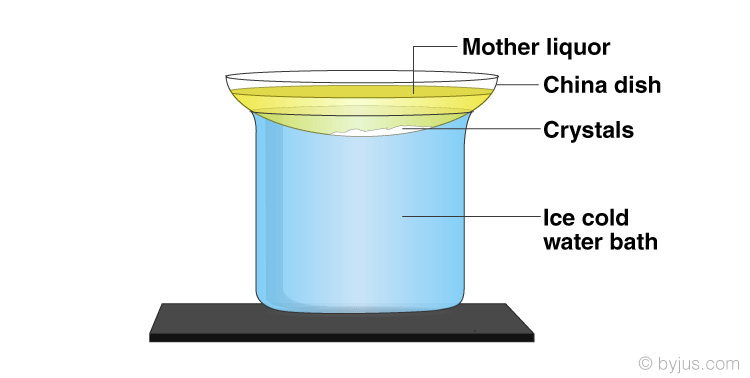
Oct . 19, 2024 15:37 Back to list
best organic aloe vera plant fertilizer
Best Organic Aloe Vera Plant Fertilizer Nurturing Your Green Gem
Aloe vera, known for its succulent leaves and healing properties, has gained immense popularity among plant enthusiasts and health-conscious individuals alike. This resilient plant thrives in diverse environments, but like all plants, it requires adequate care and nutrition to flourish. For those looking to maximize the growth and health of their aloe vera plants, selecting the best organic fertilizer is essential. In this article, we’ll explore the benefits of using organic fertilizers, identify some top choices, and offer tips on how to apply them effectively.
The Importance of Organic Fertilizers
Organic fertilizers are derived from natural sources such as plant material, animal manure, and compost. They provide a plethora of nutrients necessary for the healthy growth of plants, including nitrogen, phosphorus, and potassium, as well as trace minerals. One of the most significant advantages of using organic fertilizers is their ability to enhance soil health overall. They improve soil structure, increase water retention, and promote beneficial microbial activity, creating a thriving ecosystem for your aloe vera plants.
Unlike synthetic fertilizers, which can lead to chemical build-up and harm beneficial microorganisms in the soil over time, organic options enrich the earth sustainably. Moreover, organic fertilizers release nutrients slowly, allowing plants to absorb them as needed, which reduces the risk of nutrient leaching and subsequent environmental damage.
Top Organic Fertilizers for Aloe Vera
1. Compost One of the most accessible and beneficial organic fertilizers for aloe vera is homemade compost. It is rich in nutrients and enhances soil structure. Just mix well-decomposed compost into the potting soil when planting your aloe vera, or apply it as a top dressing every few months to boost growth and vitality.
2. Worm Castings Also known as vermicompost, worm castings are an excellent source of nutrients and beneficial microorganisms. They provide a slow-release source of essential nutrients, improving the soil's fertility. Mix worm castings into the potting mix or apply them as a top dressing.
3. Fish Emulsion Fish emulsion is a liquid organic fertilizer made from processed fish waste. It’s rich in nitrogen—crucial for the growth of leaves and stems. Dilute fish emulsion with water according to the package instructions and apply it every 4-6 weeks during the growing season to promote healthy growth.
best organic aloe vera plant fertilizer

4. Seaweed Fertilizer Seaweed is packed with micronutrients and growth hormones that can stimulate plant growth and improve resilience against diseases. You can find it in liquid form or as granules. Follow the instructions on the label for the frequency of application, usually every 4-6 weeks.
5. Bone Meal If you’re aiming to promote strong root development in your aloe vera, bone meal is an excellent organic fertilizer. It is high in phosphorus, which is vital for root growth and flowering. Mix it into the soil during planting or apply a small amount around the base of the plant as needed.
Application Tips
When applying organic fertilizers to your aloe vera plants, keep the following tips in mind
- Timing is Key Aloe vera plants typically grow actively during the spring and summer months. This is the best time to feed them with organic fertilizers. In contrast, during the fall and winter months, reduce or stop fertilization since the plant will enter a dormant phase.
- Dilution Always adhere to the recommended dilution rates for liquid fertilizers. Over-fertilizing can lead to nutrient burn, toxic conditions for your plant, or imbalanced soil health.
- Observe Your Plant Keep a close eye on your aloe vera for signs of nutrient deficiencies—such as yellowing leaves or stunted growth. Adjust your fertilizing routine accordingly based on the plant’s needs.
In conclusion, nurturing your aloe vera with the best organic fertilizer not only supports its growth but also fosters a healthier environment. By choosing natural, sustainable options, you can enjoy the beauty and benefits of this remarkable plant without harming the ecosystem. Happy gardening!
-
Premium Organic Manure Compost for Eco Gardens
NewsAug.01,2025
-
Organic 10-10-10 Fertilizer | Balanced Plant Nutrients
NewsJul.31,2025
-
Premium Amino Acid Fertilizer | Rapid Plant Growth Booster
NewsJul.31,2025
-
10 10 10 Fertilizer Organic—Balanced NPK for All Plants
NewsJul.30,2025
-
Premium 10 10 10 Fertilizer Organic for Balanced Plant Growth
NewsJul.29,2025
-
Premium 10 10 10 Fertilizer Organic for Balanced Plant Growth
NewsJul.29,2025
